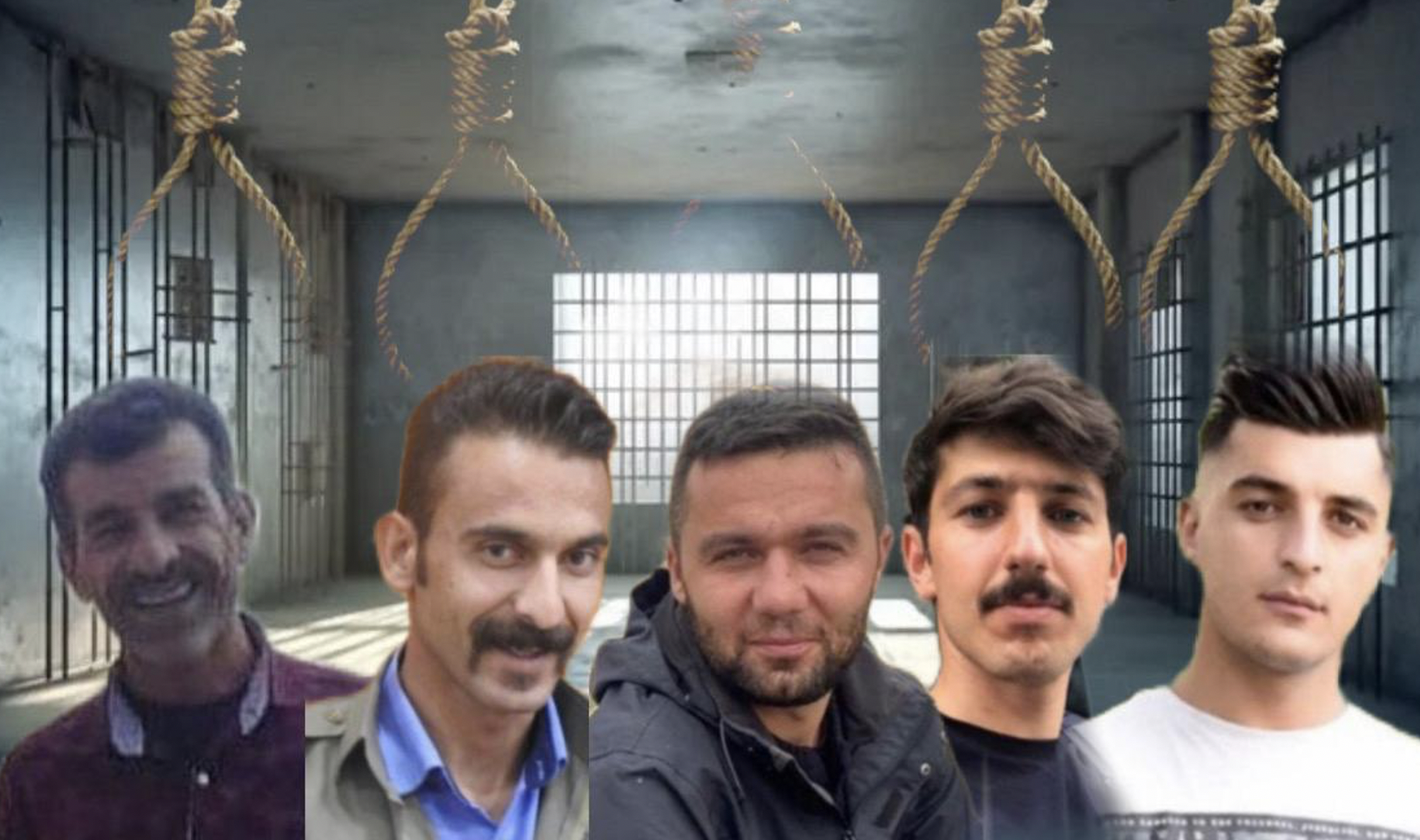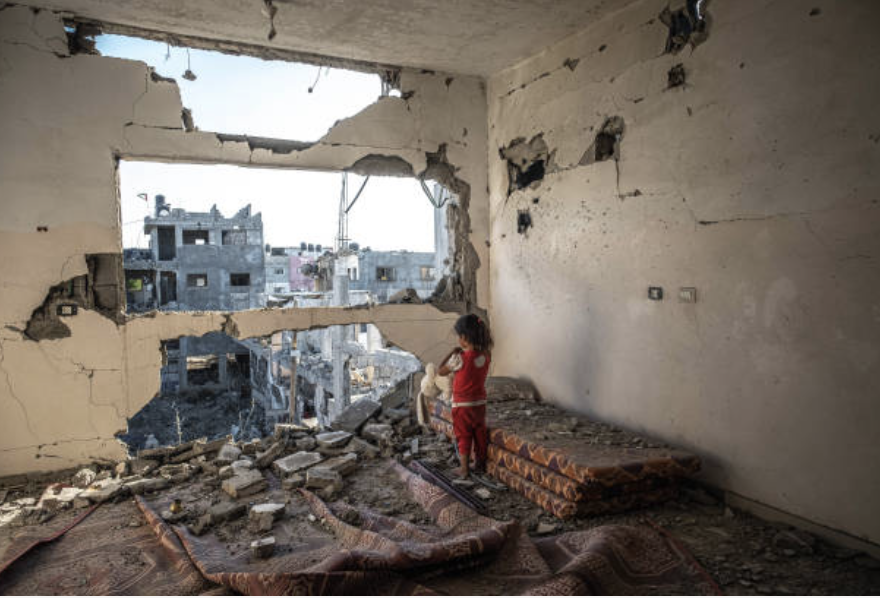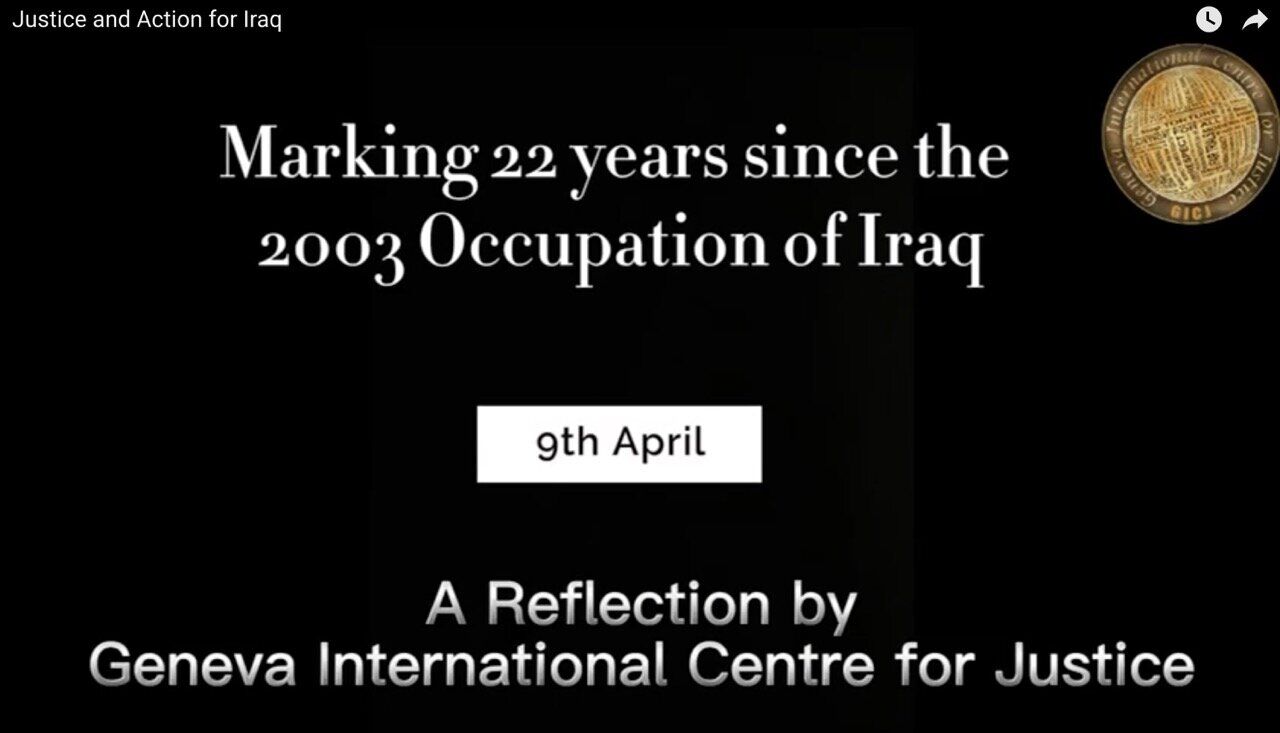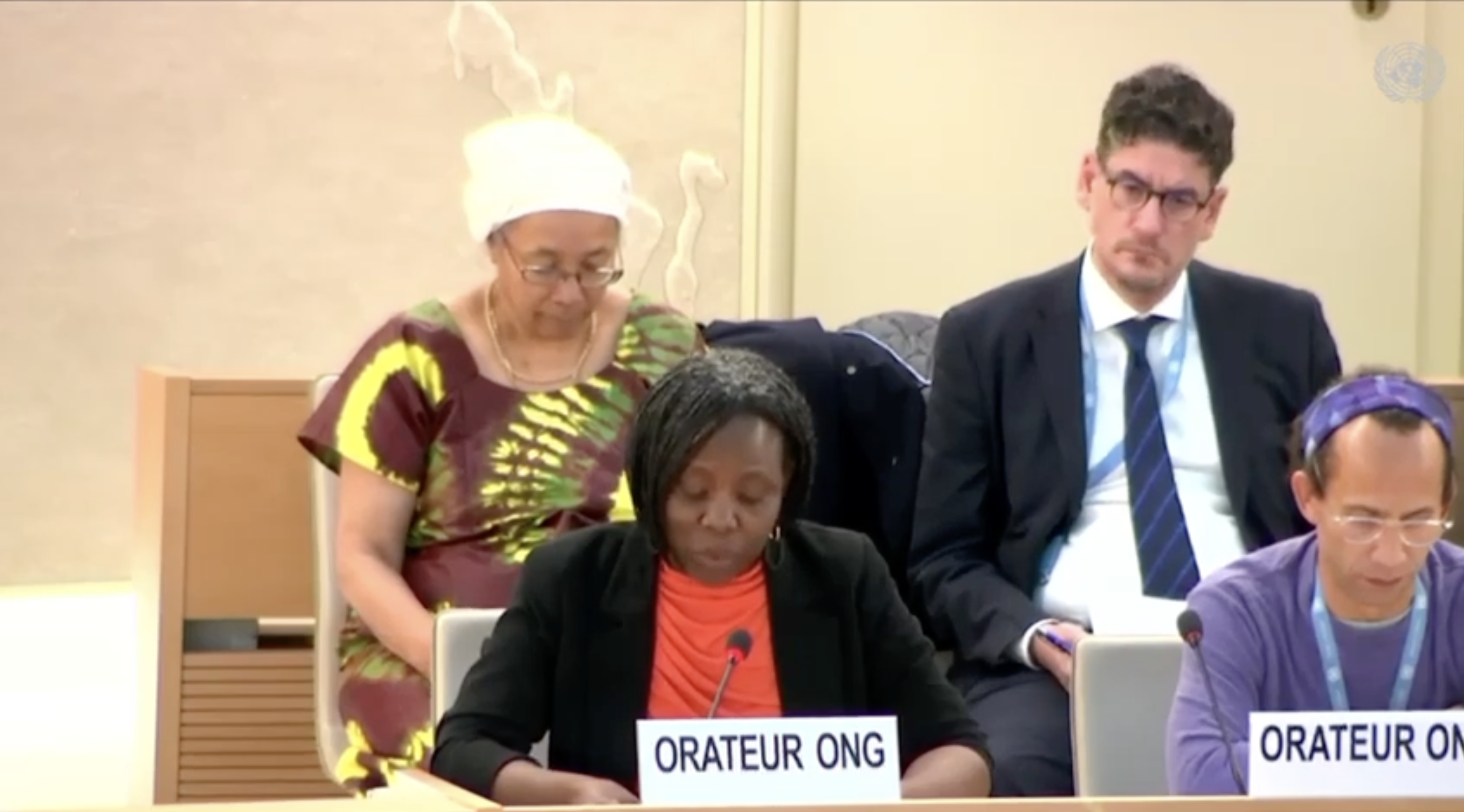Iran's Disturbing Trend: Soaring Executions Cast Shadow Over 2024

On January 29, 2024, Iran's government carried out the execution of four Kurdish political prisoners, sparking international outrage. Pejman Fatehi, Mohsen Mazloum, Mohammad (Hazhir) Faramarzi, and Vafa Azarbar had been arrested in July 2022 and were held in detention for 19 months, during which they were denied permission to meet with their families. The day before their arrest, the families were allowed their first and final meeting with the detainees at Evin prison, just before the prisoners were transferred to Ghezel Hesar prison in Karaj, where they were executed early the next morning.
In a disturbing turn of events, the Iranian state media broadcasted torture-laced forced confessions of the detainees in October and December of 2022. Subsequently, Branch 26 of the Tehran Revolutionary Court charged them with espionage for Israel and plotting terrorist activities against the country. As of the early morning of the 30th of January, reports were received of the government refusing to allow their families to receive their bodies and hold official funerals, until later the same day. The families were pressured to keep it a secret and bury their dead under complete surveillance of government forces.
Furthermore, Geneva International Centre for Justice (GICJ) has received information about the possible execution of another prisoner, Abbas Daris. Arrested during the Mahshahr canebrake crackdown during the November 2019 nationwide protests in Iran alongside his brother Mohsen Daris. Abbas was sentenced to death on charges of "moharebeh" (enmity against God), disrupting public order, and participating in the murder of a special unit officer. Tragically, his brother Mohsen received a life imprisonment sentence. The 2019 canebrake crackdown, known as one of the deadliest attacks by government forces against peaceful unarmed protestors, has left a lasting scar on Iran's recent history.
Alarming reports indicate that since the beginning of January 2024, nearly 70 people have been executed in Iran, solidifying its position as the country with the second-highest rate of capital punishment after China. Disturbingly, many of these executions have occurred without fair trials, with prisoners facing false charges. Additionally, numerous individuals, including Mohammad Zein Al-Dini, Reza Rasayi, and Mojahed Kour Kour, are awaiting death sentences in prisons all across the country. It is crucial to note that the current execution numbers are considered "official," while many others have been carried out secretly, such as the execution of two Baloch brothers, Asef and Aref Eshaghzehi. Families, fearing denial of access to their loved ones' bodies, hesitate to inform NGOs about these executions.
In an open letter to the UN High Commissioner for Human Rights and UN Deputy High Commissioner for Human Rights, civil society organizations reporting human rights abuses in Iran express deep concern about Deputy High Commissioner Nada Al-Nashif's planned visit to Iran from 2 to 5 February 2024. While acknowledging the importance of dialogue, they raise serious concerns about the timing of the visit, just before the UN Human Rights Council's 55th session, potentially undermining discussions on human rights in Iran. They anticipate Iranian authorities using the visit as a propaganda tool to discredit existing monitoring mechanisms. The organizations doubt the visit's effectiveness given Iran's lack of political will to address issues like the death penalty and women's rights. They stress the need for robust monitoring, access to civil society actors, and guarantees for human rights defenders during the visit, expressing skepticism about its potential benefits without these elements. Ultimately, they urge the High Commissioner and Deputy High Commissioner to reconsider the timing, opportunity, and modalities of the visit to prevent potential misuse by Iranian authorities and preserve trust in the UN system.
In light of these grave human rights violations, GICJ urgently calls on the international community to condemn Iran's excessive use of the death penalty. GICJ emphasizes the need to hold Iran accountable for its actions, specifically during the upcoming 55th Human Rights Council. It is imperative that the international community safeguards the fundamental right to life for all residents of Iran and addresses the alarming trend of executions under false charges. GICJ also calls on the UN High Commissioner for Human Rights to take seriously the open letter directed to him from the mentioned NGOs regarding his upcoming visit to Iran.







